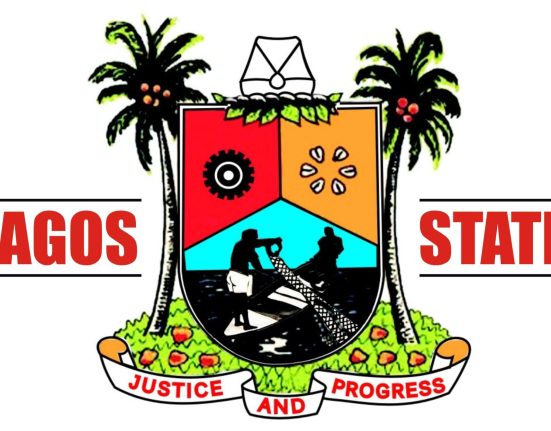Despite receiving formal approval from the National Identity Management Commission (NIMC) in January 2025, the Nigerian Correctional Service (NCoS) is yet to commence the registration of inmates for the National Identification Number (NIN) across the nation’s 256 custodial centres. The initiative, which was designed to integrate inmates into national development databases and enhance facility security, remains stalled due to unresolved logistical arrangements.
The NIMC had granted a special licence to the NCoS to undertake the exercise after the Controller General of Corrections, Sylvester Nwakuche, made a formal request during a strategic visit to the Director General of NIMC, Abisoye Coker-Odusote, in Abuja. The approval was hailed at the time as a significant step towards national inclusion and correctional reforms.
Nwakuche had argued that the inclusion of inmates in the NIN database was critical not only for national security but also for administrative planning and the smooth reintegration of rehabilitated inmates into society. He stressed that the identification of inmates through the national identity system would help tackle recurring issues such as the inability to trace escaped convicts in the event of a jailbreak and the exclusion of inmates from government-led social and economic programmes.
However, over five months later, the NIN enrolment process for inmates is yet to take off. Sources within the Nigerian Correctional Service revealed that although the necessary approvals have been secured, the delay is largely due to the extensive planning required to deploy the registration infrastructure across all correctional centres in the country.
When contacted for an update, the NCoS Public Relations Officer, Umar Abubakar, confirmed that while the project is still active, it has not yet entered the operational stage. He explained that given the scale and sensitivity of the exercise—covering 256 facilities spread across the six geopolitical zones—detailed coordination and groundwork are essential before execution can begin.
“Work is in progress,” Abubakar said. “Don’t forget we have about 256 custodial centres across the federation, and it will take time to ensure all inmates are key to the system. We’re making arrangements to start, but it must be done in an orderly and efficient manner.”
The delay has drawn the attention of stakeholders in criminal justice reform and digital identity integration, many of whom have advocated for expedited implementation. Experts warn that the continued exclusion of correctional inmates from the national database not only undermines Nigeria’s digital identity drive but also poses a security risk, especially in the event of large-scale prison breaks, which the country has witnessed in recent years.
The NIN registration, once implemented, is expected to provide a digital footprint for every inmate and could significantly support government efforts in areas of law enforcement, inmate management, post-release monitoring, and data-driven policy planning.
While officials maintain that the project is still on track, the slow pace of its rollout highlights the broader infrastructural and coordination challenges facing Nigeria’s correctional system in adapting to digital transformation and aligning with national security frameworks.







